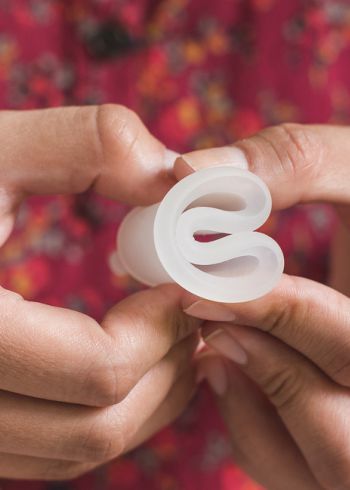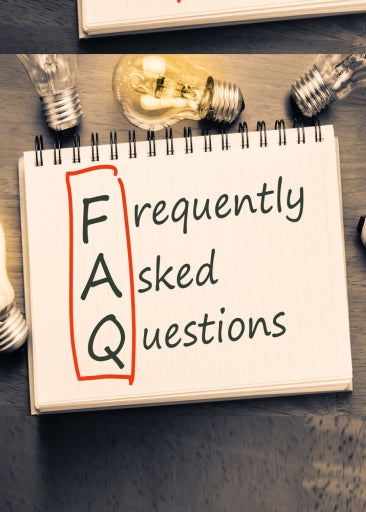Why You Should Track Your Periods

Keeping track of your period should be done if you are a young adult. Women above adulthood are experienced enough to deal with any sort of situation. Maintaining a period record is recommended. After all, you certainly don’t want to be caught off guard when your period starts. You may not have known that tracking your menstrual cycle may provide information about your health.
Why is a Period Calendar Necessary?
Being able to track your periods helps you and your doctor understand trends that may indicate a potential problem with your menstrual cycle. Everything about your period — even the health information it conveys — reflects who you are as a person. It would also help you with more as you’ll literally be tracking your activity which only you can to be very honest.
How to Track Your Period?
It is not a tedious task, but you need to remember a few things precisely with the date. One way to avoid confusion is by making a memo on your phone or mark it on your calendar. Easy peasy!!
How often does this happen?
Your period cycle is a monthly process, you will naturally get 3-5 day long periods/menstruation cycles. It will repeat itself within a month if you take any contraceptive pills, which alters your period cycle.
How much do you bleed?
Every person has a different body, similarly, for every person, their own period is their own experience. Some bleed all day and are very heavy, while others just bleed for some time and aren’t bothered much by cramps and pain. So, keep that in mind.
You must be suffering a lot.
We know you might be going through very patches of cramps and abdominal pain. We have a bonus tip for you, use a hot water bottle, hold it around your belly. It will surely help with the pain. Avoid cold weather and cold food.
The emotions you are feeling.
PMSing is a very common thing among women, especially while menstruating. Their period cycle can be a big problem for people nearby, as shouting, scolding, and taunting is very common. And understandable as well during the pain.
Why Is Your Menstrual Cycle Important?
Your doctor will question you about your menstrual cycle at every check-up. It gives a doctor a good idea as to when and how to treat your disease.
The first thing your doctor will likely want to know is when your last period started. You’ll find it simple to answer this question if you’ve been tracking your menstrual/period cycles.
You should also inform your doctor about any unusual menstrual cycle symptoms. Recording details about your period duration, the quantity of bleeding, and other symptoms is an effective way to begin.
Should you have a menstrual cycle problem or any other health condition, you may benefit from your menstrual cycle calendar since it may help you identify your symptoms and treatments more quickly.
Knowing How to Keep Track
No matter what kind of calendar you use, you may use it to follow your menstrual/period cycle. No matter whatever calendar you are using, make sure you have adequate room to jot down your thoughts. You will track when you menstruate, as well as any accompanying physical or mental symptoms. Make sure you keep your gynecologist up to date on your menstrual cycle schedule.
Choosing to use an app to track your period cycle may suit you better.
Even if you have regular periods with no issues to keep track of, you should record your menstruation days and quantity of flow to be more accurate.
Things to write.
Write while you are in pain. Strike out the first day of your period on your calendar. After your period has stopped, you will also want to be able to remember each day. Record your menstrual period as well as any vaginal bleeding that occurs between your periods. Additionally, add to your calendar if you are bleeding little or heavily.
Explain how the bleeding is experienced. The frequency and duration of your bleeding are as vital as the quantity and quality of your bleeding. You should record the bleeding in your body each day.
Keep track of your emotional state. Are you having a good day without any significant headaches? Don’t forget that! Have you had an off day when you felt like a completely different person? It is imperative that you record any symptoms or difficulties you encounter each day.
Ask yourself these questions.
You’ll get perspective answering these questions to yourself.
Are you prone to feeling worried or depressed?
Did you feel bloated today?
Did you have any pain or headaches?
Are you having more trouble with stress than normal?
Are you experiencing severe menstrual cramps?
How was your day? Use a 10-point scale to rank your days. When you feel bad or unwell, use 1 to rate your worst possible day. When you are joyful and well, use 10 to rate your greatest possible days. Even if your days are all 10s, be sure to rate them daily.
Remember to keep medicines. It is essential that you document all your period medicines. Make a note of all the over-the-counter and prescription medications you use to manage your period pain or other symptoms and record them on a relevant day.
Likewise, any dietary supplements or natural treatments would also do the trick. It’s helpful in such cases as side effects or medication interactions become apparent.
- Posted in how to track your period, late period tracker, menstrual cycle tracker, menstruation tracker, TIPS FOR BEGINNERS, track my period, track your periods













